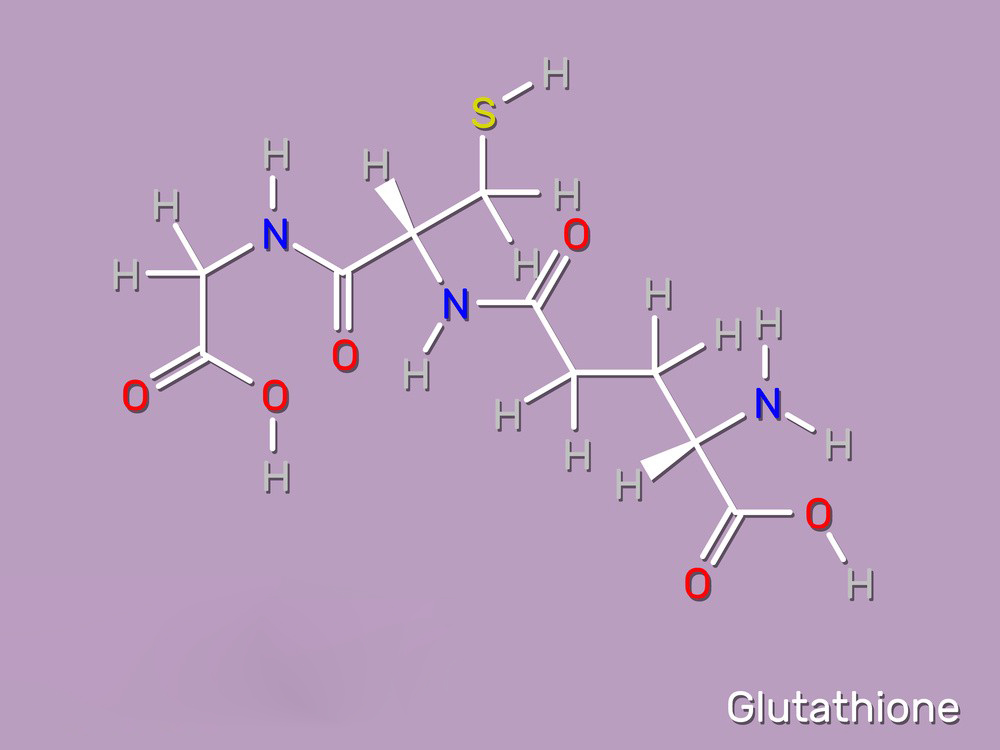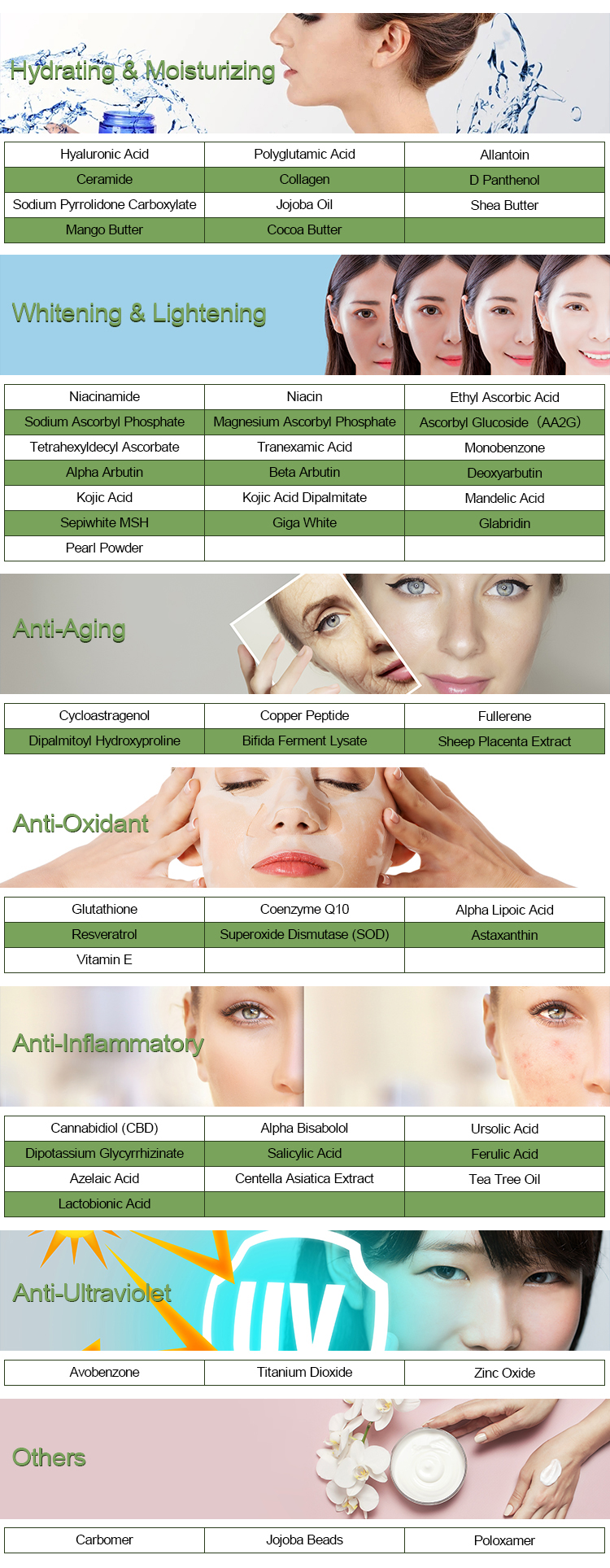Glutathione is a tripeptide composed of three amino acids: cysteine, glutamine, and glycine. It plays a crucial role in maintaining various cellular functions and is often referred to as the body’s “master antioxidant.” Glutathione has a wide range of applications and roles in the body, including:
Applications of Glutathione
Antioxidant Defense: Glutathione is a powerful antioxidant that helps protect cells from damage caused by free radicals and oxidative stress. It works in various cellular processes to neutralize harmful molecules and maintain cellular health.

Detoxification: Glutathione is a key player in the detoxification process, particularly in the liver. It binds to toxins, heavy metals, and other harmful substances, making them more water-soluble and easier for the body to eliminate.
Immune System Support: Glutathione helps support the immune system by promoting the activity of immune cells and facilitating their communication. It aids in the body’s defense against infections and diseases.
Cellular Repair and DNA Synthesis: Glutathione is involved in repairing damaged DNA and promoting the synthesis of new DNA, which is essential for cell growth and reproduction.
Energy Production: Glutathione is required for the proper functioning of mitochondria, the energy-producing organelles within cells. It helps maintain mitochondrial function and energy production.
Skin Health: Glutathione has gained popularity for its potential to lighten skin tone and reduce the appearance of skin blemishes. It is often used in cosmetic treatments for its potential skin-whitening effects.
Aging and Longevity: Some research suggests that maintaining adequate levels of glutathione may contribute to the prevention of age-related diseases and promote longevity.
Neurological Health: Glutathione plays a role in protecting nerve cells from oxidative damage and supporting proper neurotransmitter function. It has been investigated for its potential role in conditions such as Parkinson’s disease, Alzheimer’s disease, and multiple sclerosis.
Respiratory Health: Glutathione is present in the lining of the respiratory tract and helps protect lung tissue from oxidative damage. It has been studied for its potential benefits in respiratory conditions such as asthma and chronic obstructive pulmonary disease (COPD).
Exercise Performance: Glutathione levels can be affected by intense physical activity. Some athletes use glutathione supplementation to support recovery and enhance exercise performance.
Cancer Prevention: Glutathione’s antioxidant and detoxification properties may play a role in reducing the risk of cancer by helping to prevent cellular damage and mutations that can lead to cancer development.
Glutathione can be obtained from dietary sources such as fruits, vegetables, and certain meats. Additionally, it can be taken in supplement form, although the effectiveness of oral glutathione supplementation is a topic of ongoing research and debate.

It’s important to note that while glutathione has numerous potential benefits, its effects can vary based on individual health conditions and genetic factors. Before using glutathione supplements or making significant changes to your health regimen, it’s recommended to consult with a healthcare professional to ensure it is appropriate for your specific situation.
